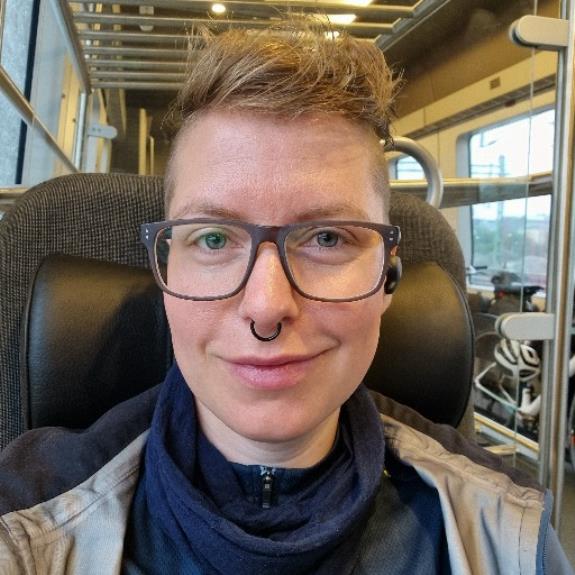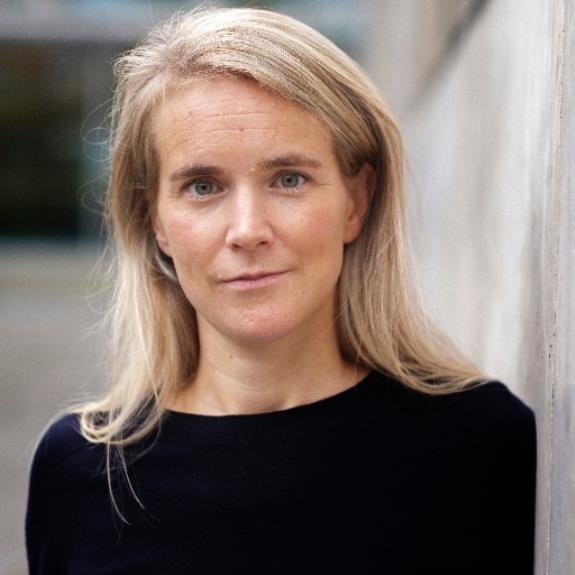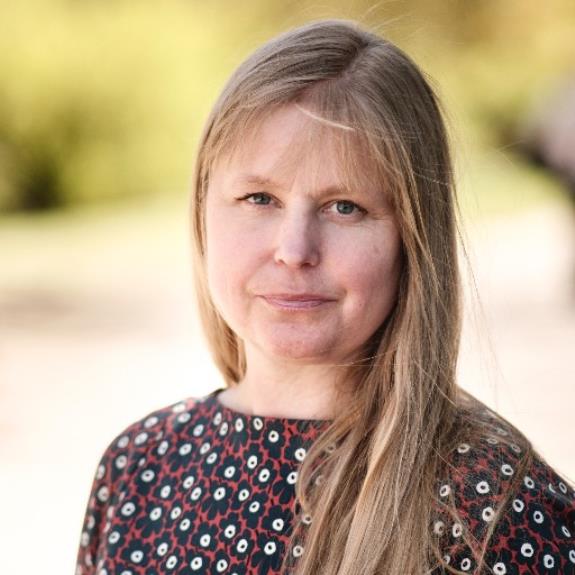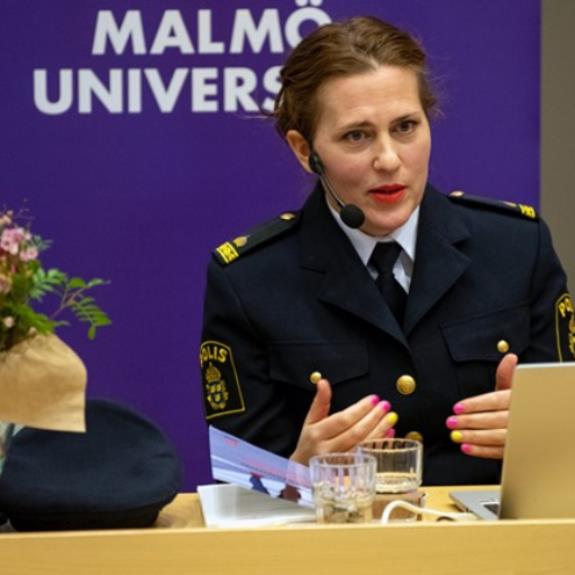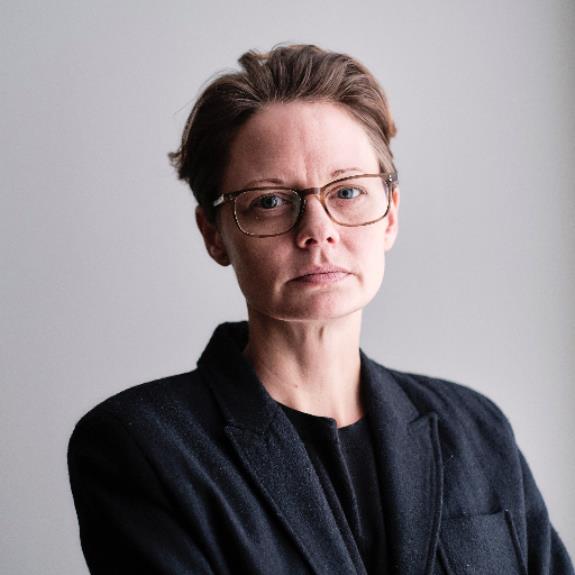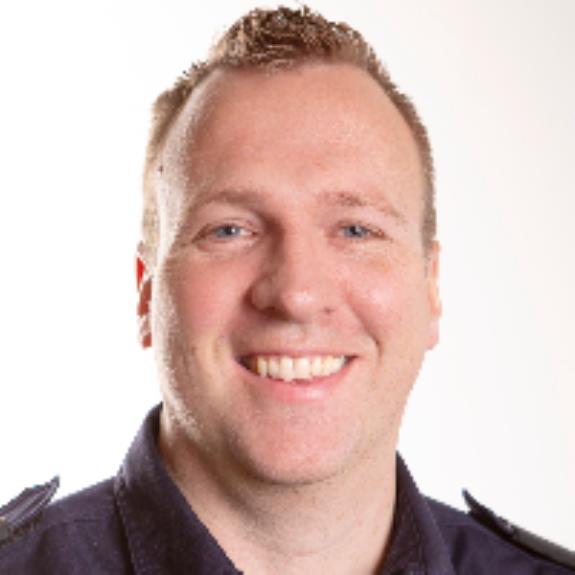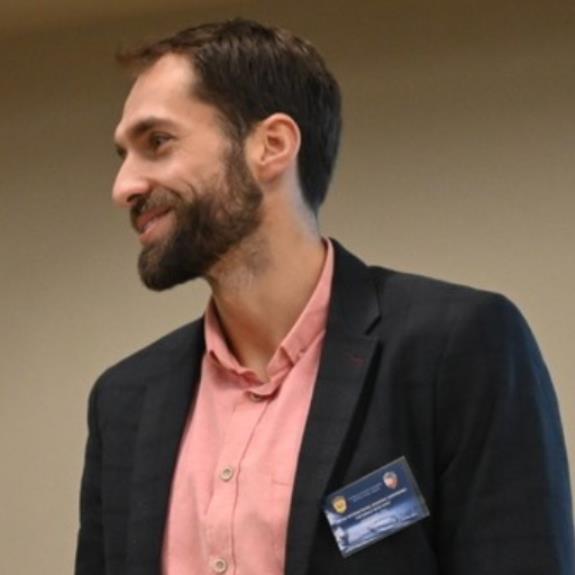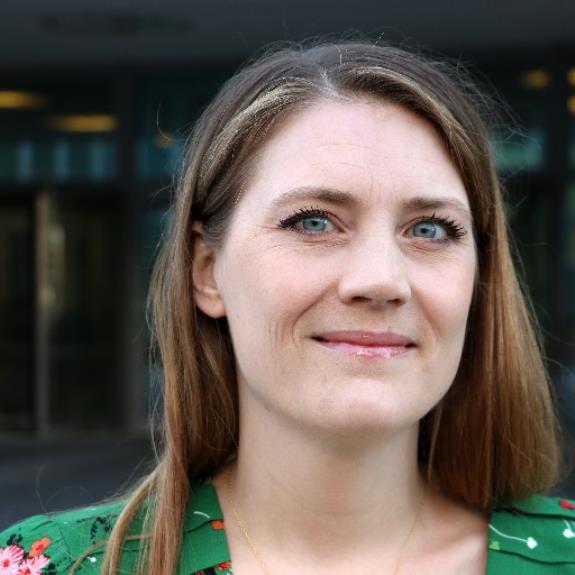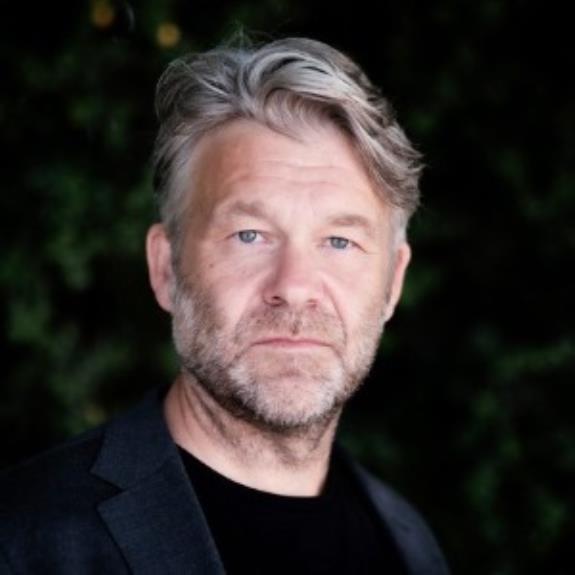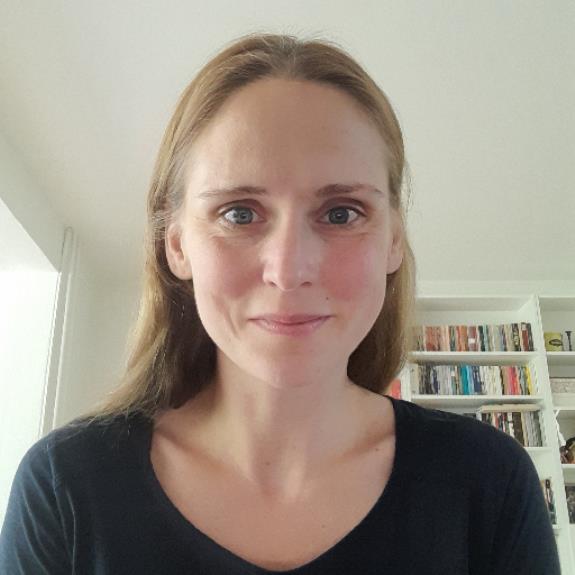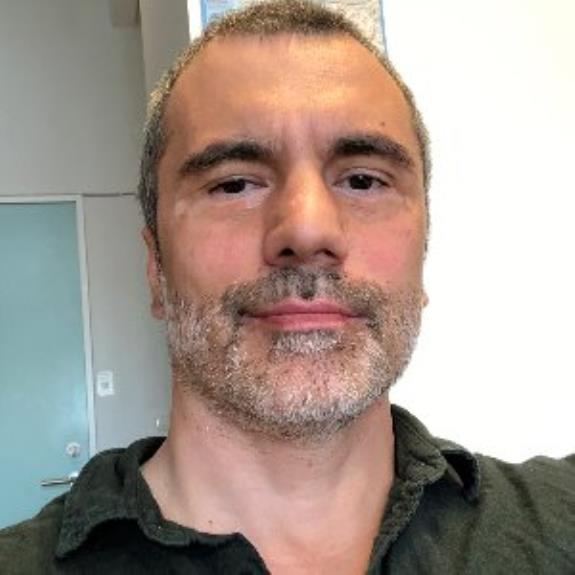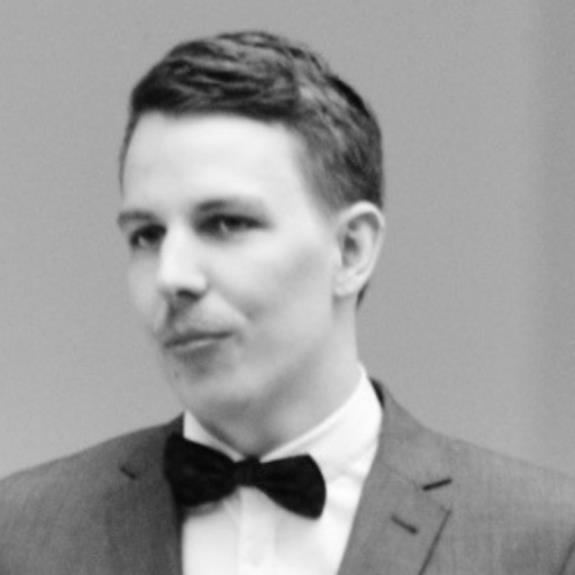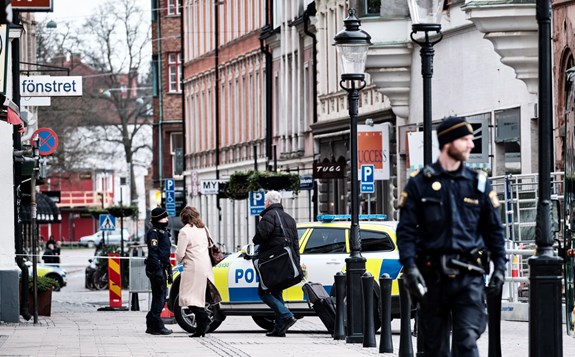We use cookies on this website. Cookies help us deliver the best experience on our website. Read about cookies.
-
- Education
- Education
- Programmes and courses
- Applications and admissions
- Tuition fees
- Scholarships
- Exchange studies at Malmö University
- Study Guidance
-
- After admission
- After admission
- Moving to Malmö
- Pre-orientation
- Arrival guide
-
- About studies at Malmö University
- About studies at Malmö University
- Why choose Malmö University
- Understanding university studies
- Connect with our students
On the page -
- Research
- Research
-
- Doctoral studies
- Doctoral studies
- Doctoral courses
-
- Doctoral schools
- Doctoral schools
- Adaptation of urban space through sustainable regeneration
- ComBine
- Culturally Empowering Education through Language and Literature
- Education, Learning and Globalisation
- Finding ways in a time of great future challenges (FinnFram)
- Swedish National Graduate School in Science and Technology Education Research
- Learning in Multicultural Societal Contexts
- Pedagogy and Vocational Skills
- Relevancing Mathematics and Science Education (RelMaS)
- Sustainable Movement Education
- The National Research School for Professionals in Social Services
- Research subjects
-
- Research centres
- Research centres
- Biofilms Research Centre for Biointerfaces
- Citizen Health
- Imagining and Co-Creating Futures
- Institute for Urban Research
- Malmö Institute for Migration Studies
- Literacy and Inclusive Teaching
- Centre for Work Life Studies
- Sustainable Digitalisation Research Centre
- Centre for Sexology and Sexuality Studies
-
- Research publications
- Research publications
- Search for research publications in Diva
- Malmö University Press
- Research events
- Participate in a research study
- Coffee Break Quiz
On the page -
- Collaboration and Innovation
- Collaboration and Innovation
-
- Levels of collaboration
- Levels of collaboration
-
- Local collaboration
- Local collaboration
- Muvah
- Co-Create Malmö
- Regional collaboration
- National collaboration
-
- International collaboration
- International collaboration
- UNIC
- Innovation
- Collaboration with students
-
- Collaborate with researchers
- Collaborate with researchers
- Labs and facilities
- Culture collaboration
- Support Malmö University
- Alumni & Friends
On the page -
- About us
- About us
-
- Faculties and departments
- Faculties and departments
-
- Faculty of Culture and Society
- Faculty of Culture and Society
- Department of Global Political Studies
- School of Arts and Communication
- Department of Urban Studies
-
- Faculty of Education and Society
- Faculty of Education and Society
- Department of Childhood, Education and Society
- Department of Sports Sciences
- Department of Culture, Languages and Media
- Department of Natural Science, Mathematics and Society
- Department of Society, Culture and Identity
- Department of School Development and Leadership
- The Centre for Teaching and Learning (CAKL)
-
- Faculty of Technology and Society
- Faculty of Technology and Society
- Department of Computer Science and Media Technology
- Department of Materials Science and Applied Mathematics
- Faculty of Odontology
- University Dental Clinic
-
- Find and contact Malmö University
- Find and contact Malmö University
- Visit Malmö University
-
- News and press
- News and press
- Graphic manual
- Map of the buildings (Google Maps)
- Merchandise
- Supplier information and invoice management
- Whistleblowing
- We will help you with your questions
- Management and decision-making paths
-
- Malmö University's strategy 2030
- Malmö University's strategy 2030
- Sustainability
- Widened recruitment and participation
- Quality assurance work at the University
-
- Malmö Academic Choir and Orchestra
- Malmö Academic Choir and Orchestra
- Student work – video pieces
-
- Annual Academic Celebration
- Annual Academic Celebration
- Academic traditions
- Meet our new professors
- Meet our new doctors
- Honorary doctors
-
- The University in a troubled world
- The University in a troubled world
- Campus total defence
On the page
Criminology
Criminology is the scientific study of crime and its causes, which includes interventions to prevent and contain crime, as well as lessen its consequences.
Within criminological research significant weight is given, in part, to the understanding of how the interaction between individual, contextual and societal processes cause crime and related problems, whilst other areas address how work within crime prevention and insecurity can become knowledge-based. The research integrates theory and the empirical, and forms the basis for theory development and its application within areas designated to prevent and react to crime. The subject is interdisciplinary, which implies the collection and integration of theoretical and methodological concepts, and also applications from different knowledge fields.
The research covers an array of different questions that, on the whole, falls into four areas of focus. Within these subsequent areas there exist practical and applied elements.
Focus areas
The development of crime and its causes
On the whole, this research area aims to develop knowledge about which factors cause some children and adolescents in certain environments to develop into offending or other problems. This area studies how factors within different levels (e.g. individual, family, neighbourhood) interact to explain the differences in crime involvement, but also mental ill health, exposure to crime, insecurity and drug abuse. An important part of this area is longitudinal research, where we can follow the course of development over time in order to contribute to theory development about crime and its causes.
The geographical variation of criminality and insecurity
Research within this area deals with the identification of frameworks to confront the geographical variation of criminality and insecurity, as well as how we can explain why certain places and neighbourhoods have more problems with crime and insecurity than others. A central part of this research contributes to knowledge about how we can break from negative patterns and what we can do to contribute to positive community development.
Victimology
Victimology is the scientific study of crime victims and perspectives on crime victims in society. This area studies, for example, hate crime, crime against minority groups and other vulnerable groups, as well as violence against women. Vulnerability is studied from different perspectives, but together explores the contexts and individual factors like social contexts, ethnicity, gender and age.
Prevention and intervention research
Prevention research aims to increase knowledge about how we can best prevent crime and other related problems. Research within this area is conducted to create a knowledge base in support of interventions and expand prevention programs, but also to evaluate crime prevention or drug/alcohol abuse interventions. This research has a broad focus, extending from early interventions in childhood and adolescence to interventions that apply to criminal groups, individuals or specific vulnerable neighbourhoods.
Researchers, publications and projects
-
2026 | Doctoral thesis, comprehensive summary
Mental health problems and youth offending: Findings from a community-based, longitudinal study
Linn Persson
-
2026 | Article, review/survey
Facial recognition technology in law enforcement- a scoping review of existing empirical studies
Emelie Stiernströmer
-
2026 | Article in journal
Crime Prevention in Residential Areas A Systematic Review and Meta-Analysis of Environmental Design Approaches
Jens Widmark
-
2025 | Article in journal
Transforming gun violence through group intervention: the Swedish experience of implementing focused deterrence
Anna-Karin Ivert, Caroline Mellgren
-
2025 | Article in journal
Implementing Focused Deterrence for Intimate Partner Violence: The SRFV Project in Malmö
Tobias Fläder, Caroline Mellgren, Anna-Karin Ivert
-
2025 | Chapter in book
Tidiga sociala insatser för att förebygga att barn och unga hamnar i kriminalitet
Anna-Karin Ivert
-
2025 | Conference paper
Adapting Group Violence Intervention for Youth: Challenges and Implications
Karl Olsson
-
2025 | Conference paper
The scope and character of empirical studies on Swedish police 2010– 2024 – a scoping review
Linda Weichselbraun, Martina Vall, Anna-Karin Ivert, Joakim Ingrell, Manne Gerell, Caroline Mellgren
-
2025 | Conference paper
The scope and character of empirical studies on Swedish police 2010– 2024:a scoping review
Linda Weichselbraun, Joakim Ingrell, Manne Gerell, Martina Vall, Anna-Karin Ivert, Caroline Mellgren
-
2025 | Conference paper
Does Police Contact in Adolescence Impact Subsequent Offending?
Zoran Vasiljevic, Marie Torstensson Levander
-
 Research project
Research projectSiblinghood as support and risk. A study of young siblings of criminals
sara.elden@mau.se -
 Research project
Research projectFrom Bedside to Court Bench: Medical Expertise and Unintended Consequences of Female Genital Mutilation Policy and Legislation
sara.johnsdotter@mau.se -
 Research project
Research projectEvaluation of the Impact of GVI Implementation in Sweden
anna-karin.ivert@mau.se -
 Research project
Research projectPolice work in security zones. Response, assessment, and effects.
caroline.mellgren@mau.se -
 Research project
Research projectExperiences of (un)safety in everyday-life of children and youths
manne.gerell@mau.se -
 Research project
Research projectPreventing sexual harassment in academia - reflections among university students
charlotta.lofgren@mau.se -
 Research project
Research projectWhen violence becomes an acceptable action alternative. An analytic criminology approach to advance our understanding of the causes of...
marie.torstensson.levander@mau.se -
 Research project
Research projectWho is (un)safe? A study on individual characteristics and fear of crime
alexander.engstrom@mau.se -
 Research project
Research projectSocial Validation - A Study on the Socialization Process of Newly Arrived Children and Adolescents
dawan.raoof@mau.se -
 Research project
Research projectOrganised Criminal Groups
kim.moeller@mau.se -
 Research project
Research projectProject Omega: an analysis of the connections between criminal networks, fraud, and welfare crime.
alberto.chrysoulakis@mau.se -
 Research project
Research projectThe role of the private sector and the civil society in crime prevention work – opportunities and challenges
anna-karin.ivert@mau.se -
 Research project
Research projectThe geography of fear - Where and when do we experience fear and how can it be understood?
manne.gerell@mau.se -
 Research project
Research projectHate crime in the justice system: A study to improve the Swedish Police Authority’s capacity to identify and investigate hate crime
mika.hagerlid@mau.se -
 Research project
Research projectData-driven interdisciplinary methods to combat crime and fear using police CCTV
manne.gerell@mau.se -
 Research project
Research projectEvaluation of the implementation of Intimate Partner Violence Intervention (IPVI) in Malmö
caroline.mellgren@mau.se -
 Research project | DOCTORAL PROJECT
Research project | DOCTORAL PROJECTStability and change – a comparative study of neighborhood level fear of crime
jennie.di-rocco@mau.se -
 Research project
Research projectIntimate Partner Violence in Adolescence and Young Adulthood – Attitudes, Trajectories and Perpetration
linnea.schumacher@mau.se -
 Research project
Research project"A hand appeared suddenly” – Experiences and reflections of sexual harassment among students and PhD-students
mika.hagerlid@mau.se -
 Research project
Research projectStudent participation in research teams – Vertically Integrated Projects (VIP) in Biomedical, Criminology and Care Science research
petri.gudmundsson@mau.se -
 Research project
Research projectEvaluation of Sluta Skjut
anna-karin.ivert@mau.se -
 Research project
Research projectThe Malmö Individual and Neighbourhood Development Study (MINDS)
marie.torstensson.levander@mau.se
Research environments
Research groups
-
Research group

Crime Prevention Work with Children and Young People
This research environment brings together different projects focused on crime prevention work with children and young people. The projects include, among other things, summer camps, crime prevention work in schools, and measures to prevent children and...
-
Research group

Deepfake Democracy Project
The Deepfake Democracy Project is an interdisciplinary research initiative at Malmö University investigating how AI-generated video deepfakes threaten democratic resilience in European and Nordic contexts. Using a Vertically Integrated Project (VIP) model...
Doctoral studies in Criminology
Malmö University offers doctoral studies in Criminology.
Contact for doctoral studies in Criminology: Anna-Karin Ivert







